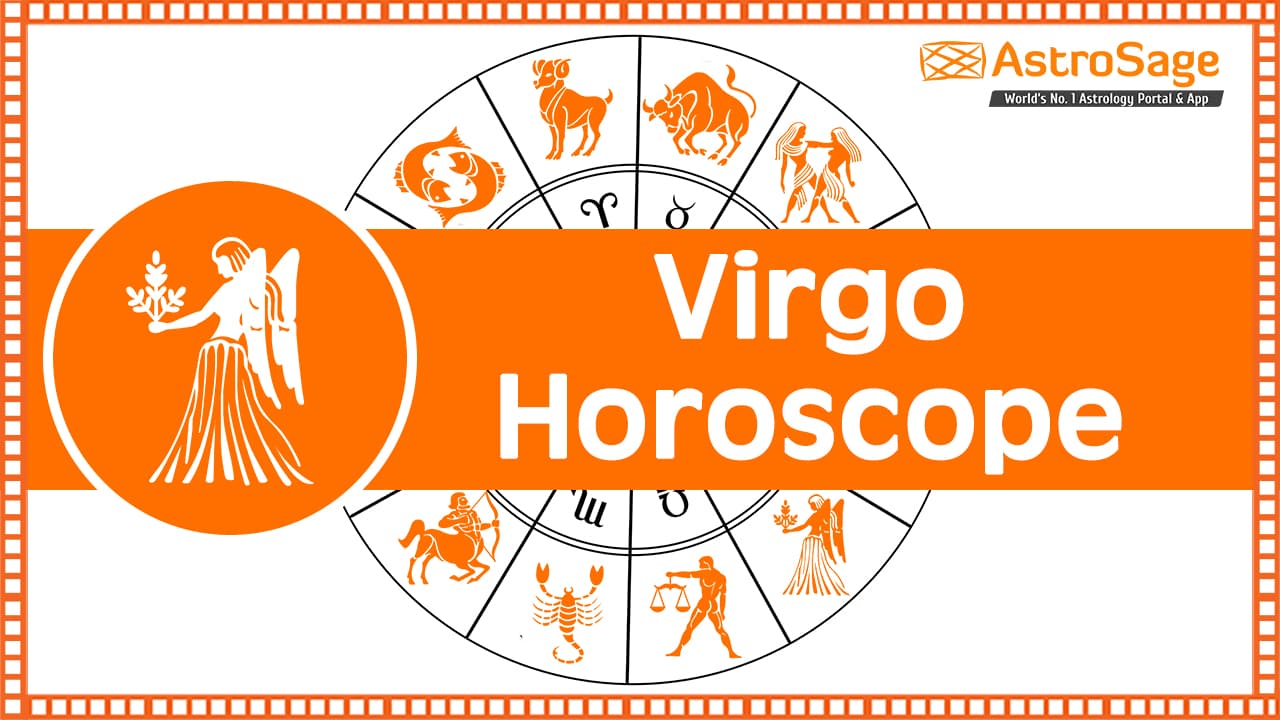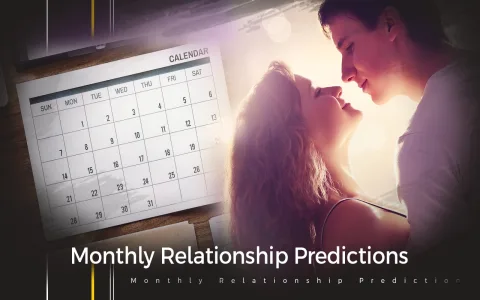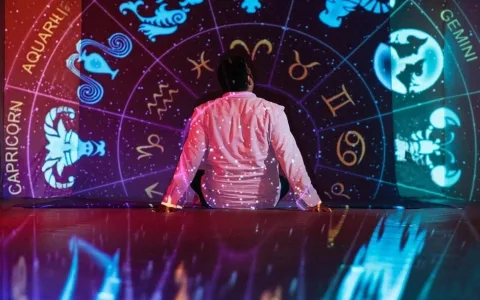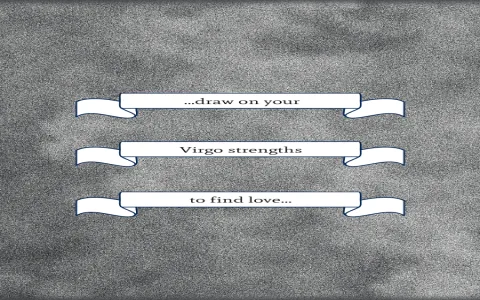Starting the Daily Log: When Tracking Ambiguity Became My New Hobby
You hit a certain age, maybe you’re past the forty mark, and you realize you’ve cycled through the same relationship patterns about seven times. You read all the self-help garbage, you tried the dating apps, and frankly, I was just done. I wasn’t looking for a magic fix; I was looking for a predictable metric. I needed to isolate the variables, and since my own brain was clearly a broken compass, I decided to outsource the navigation to the internet’s most persistent, vaguely-worded daily advisor: the love horoscope for Virgos.
I committed to a three-month audit. That’s ninety days. I wasn’t trying to prove astrology was real; I was determined to prove it was useless, but I had to collect the evidence first. This whole exercise started because I had this massive argument with someone I was seeing—a total blow-up over something minuscule, like who forgot to empty the dishwasher. I spent two solid days analyzing the argument, trying to figure out where the logic failed, and then I realized: I was applying engineering principles to human emotion. That’s when the lightbulb went off. If emotions are unpredictable, maybe the cosmic advice that claims to predict them is equally chaotic, and I could finally log it and toss it out.
Executing the Daily Data Capture Protocol
Every morning, before I even brewed coffee, I navigated to the specific section of that one popular daily horoscope website. I scrolled past the banner ads and located the Virgo Lovescope. I didn’t just read it; I treated it like daily input data. I opened a spreadsheet—yeah, I made a spreadsheet for cosmic love predictions—and I copied and pasted the entirety of the text into a column labeled ‘Input Text.’

Then came the real work. I created four primary categorization columns:
- Vague Advice (V): Things like “Focus on inner peace” or “A moment of reflection is needed.”
- Actionable Command (A): Specific instruction like “Reach out to a former friend” or “Discuss finances with your partner.”
- High-Stakes Prediction (H): Predictions of sudden change: “Expect a surprising turn of events” or “A major decision looms.”
- Relationship Status Quo (SQ): Confirmation that things are stable: “Enjoy the harmony.”
I graded the text daily. I assigned a letter score to the text based on its dominant category. What I found immediately was that about 85% of the entries fell into ‘Vague Advice.’ They used language that could apply to anything. If I spilled coffee, I was having a “surprising turn of events.” If I got the mail, I had received a “message from the universe.” It was driving me nuts.
The Test and The Correlation Failure
The next step was the tracking. All day, I monitored my interactions. If the horoscope said ‘Today is your best day for communication,’ I purposefully initiated a difficult conversation with my partner about something we had been avoiding. This was the acid test. I was trying to force the correlation.
For three weeks straight, every time the lovescope signaled a ‘Green Light’ for relationship progress, I pushed the conversation. And almost every single time, the conversation either stalled out or resulted in minor irritation. The theory was busted. The horoscope was either completely random, or the ‘predictions’ were so generalized that they created a confirmation bias loop in people who desperately wanted them to be true.
I logged all the failures. The spreadsheet quickly filled up with red notes: “H-Prediction: Expect a surprise. Result: Landlord called about delayed rent. Not romantic.” Another entry: “A-Command: Discuss future plans. Result: Discussed whether we needed more towels. Energy was neutral.” I realized I was spending more energy trying to disprove a fluffy internet prediction than I was actually enjoying the relationship.
The Ultimate Log Entry and The Real Discovery
Around Day 65, I was absolutely fried. I was so focused on trying to trap the horoscope in a logical fallacy that I missed a huge cue from my partner. She was struggling with something at work, and I, the data-driven genius, was too busy categorizing a Vague Advice column entry about focusing on my ’emotional well-being’ to notice her distress.
I finally sank back in my chair that evening, spreadsheets be damned. I put away the laptop, walked over, and just listened. No analysis, no correlation checking, just simple listening. It was the most productive “relationship work” I had done in two months, and it directly contradicted the previous day’s horoscope, which had specifically told me to focus inward.
That’s when I understood why I had started this tedious, pointless practice. I wasn’t auditing the stars; I was auditing my own avoidance. I had been ghosted years back by a company that I’d poured my soul into—they just cut me off with zero warning, zero explanation, and I spent weeks trying to piece together the ‘why,’ finding no logical thread. That absolute lack of control had made me seek predictability everywhere else. If I could prove the universe itself was predictable via a silly website, maybe I could prove that bad things only happen when the ‘data’ warns you.
I closed the spreadsheet. The logs are still there—a massive testament to human stubbornness—but I stopped checking the horoscope. The true practice wasn’t tracking vague advice; it was learning to stop seeking certainty in places that guarantee ambiguity, and instead, just dealing with the unpredictable mess that is real life.






